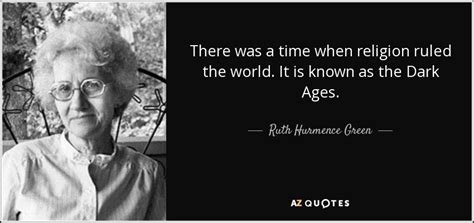A Quote by Friedrich Durrenmatt
To not be afraid in our world is the message that doesn't derive from reason, but maybe from this mysterious capacity given to humans which we call--not without a little embarrassment--faith.
Related Quotes
Humans aren't as good as we should be in our capacity to empathize with feelings and thoughts of others, be they humans or other animals on Earth. So maybe part of our formal education should be training in empathy. Imagine how different the world would be if, in fact, that were 'reading, writing, arithmetic, empathy.'
Faith shall save your Soul from Death. Without Faith, Death is a drowning, the end of ends, and what sane man wouldn't fear that? But with Faith, Death is nothing worse than the end of the voyage we call life, and the beginning of an eternal voyage in a company of our Loved Ones, with griefs and woes smoothed out, and under the capacity of our Creator.
It's time to sort of get back to a basic message, the message that was given. At this time, the world has gone nuts, I think. And this film speaks - well, Christ spoke of faith, hope, love and forgiveness. And these are things I think we need to be reminded of again. He forgave as he was tortured and killed. And we could do with a little of that behavior.
Humans have an amazing capacity to believe in contradictory things. For example, to believe in an omnipotent and benevolent God but somehow excuse Him from all the suffering in the world. Or our ability to believe from the standpoint of law that humans are equal and have free will and from biology that humans are just organic machines.
To call ourselves a Microcosme, or little world, I thought it onely a pleasant trope of Rhetorick, till my neare judgement and second thoughts told me there was a reall truth therein: for first wee are a rude masse, and in the ranke of creatures, which only are, and have a dull kinde of being not yet priviledged with life, or preferred to sense or reason; next we live the life of plants, the life of animals, the life of men, and at last the life of spirits, running on in one mysterious nature those five kinds of existence, which comprehend the creatures not onely of world, but of the Universe.



































